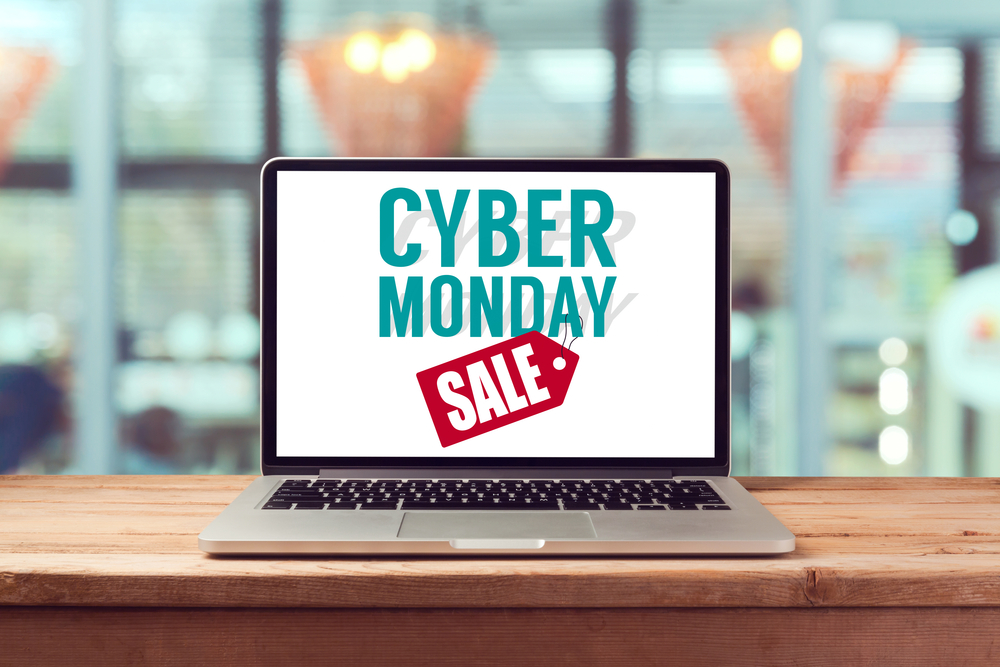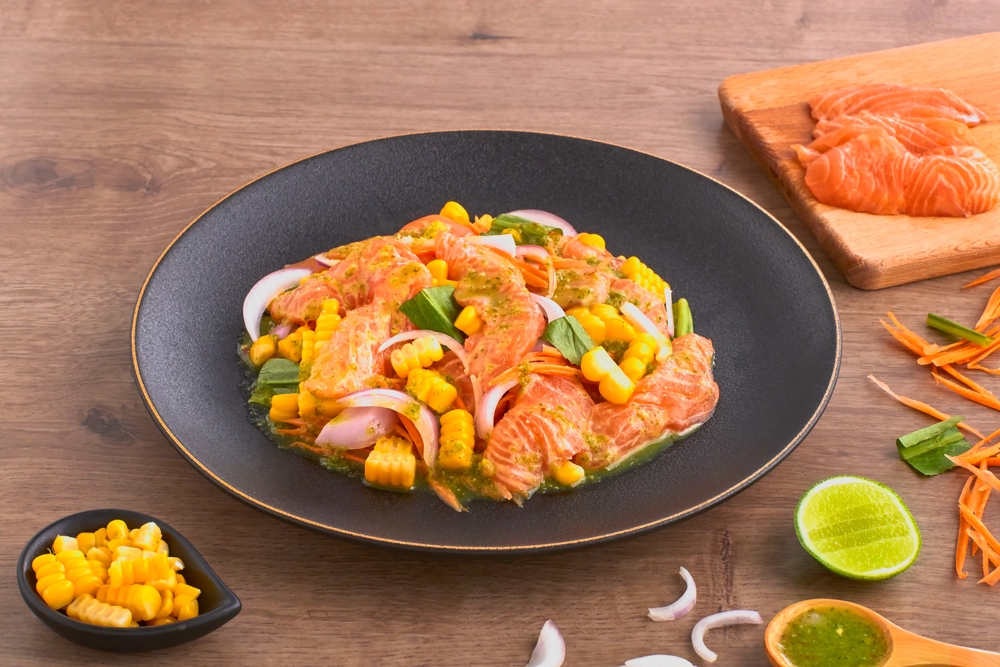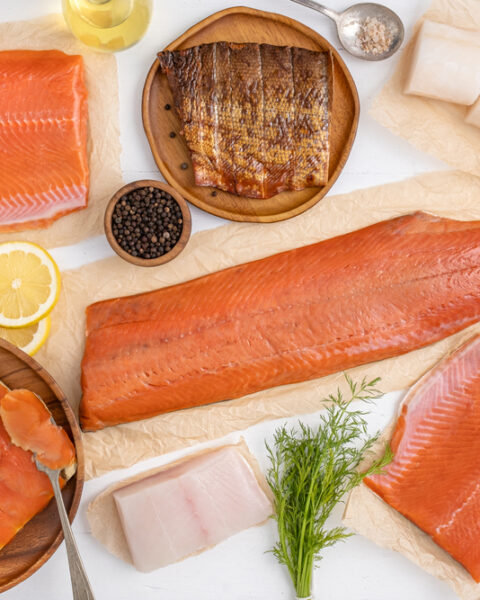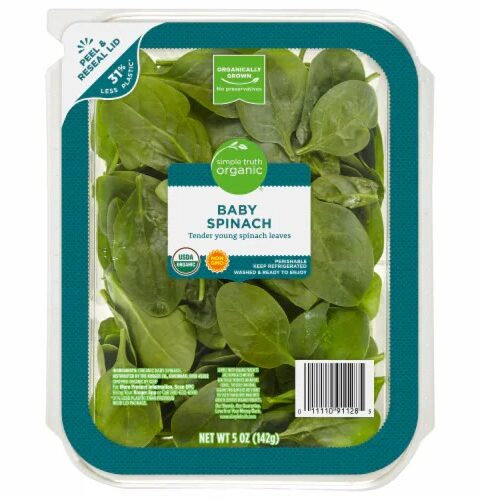We’ve all been there—popping into the grocery store for “just a few things” and leaving with a cart full of snacks you never knew you needed. Those impulse buys can quickly add up, turning a simple grocery run into an unexpected budget buster. But sticking to your list doesn’t have to feel like a chore. With a few smart strategies, you can dodge those temptations and keep your shopping trip on track. Here are some easy, realistic ways to avoid the impulse traps and get exactly what you came for—nothing more, nothing less!
Contents
- 1 Plan Your Meals in Advance
- 2 Set a Budget and Stick to It
- 3 Shop on a Full Stomach
- 4 Avoid the Middle Aisles
- 5 Limit Time Spent in the Store
- 6 Use a Shopping List App
- 7 Be Mindful of Sale Traps
- 8 Shop Alone
- 9 Avoid Browsing Online Grocery Sites
- 10 Implement a Cooling-Off Period
- 11 Leave Unnecessary Cards at Home
- 12 Don’t Shop for Entertainment
- 13 Be Aware of Marketing Tactics
- 14 Stick to a Routine
- 15 Practice Mindfulness While Shopping
- 16 More From RetailShout
- 17 13 Surprisingly Delicious Ways to Cook with Flowers
- 18 25 Money-Saving Hacks for When Every Dollar Counts
Plan Your Meals in Advance

Planning your meals for the week ensures you know exactly what you need to buy, helping you avoid wandering the aisles aimlessly. Create a detailed shopping list based on your meal plan, accounting for breakfast, lunch, dinner, and snacks. This way, you’re less likely to pick up unnecessary items that aren’t part of your meals. Stick to the list and avoid detours in other sections. Knowing what you’re going to eat makes grocery shopping more efficient and focused.
Set a Budget and Stick to It

Before you head to the store, decide how much you’re willing to spend. Setting a budget gives you a clear limit and can prevent overspending on items that aren’t necessary. Make sure your shopping list fits within the budget by prioritizing essentials first. If you tend to overspend, consider paying in cash to stick to the limit. Avoiding credit cards can also help control impulse buying, as you’ll have a tangible idea of what you’re spending.
Shop on a Full Stomach

Shopping while hungry can lead to impulse buys, especially of snacks or treats you don’t really need. Hunger makes everything look more tempting, making it harder to resist buying extra food. Eat a meal or a healthy snack before going to the store to curb cravings. This way, your brain will be more focused on the list rather than indulging in your immediate desires. With a full stomach, you’ll be less likely to reach for unnecessary items.
Avoid the Middle Aisles

The middle aisles of grocery stores are often filled with processed foods, snacks, and items that encourage impulse purchases. These sections are designed to attract your attention with flashy packaging and tempting offers. Stick to the outer perimeter, where fresh produce, dairy, and proteins are typically found. This keeps you focused on whole, nutritious foods and reduces the chance of picking up something extra. By avoiding the middle aisles, you minimize exposure to temptations.
Limit Time Spent in the Store

The longer you spend inside a grocery store, the more likely you are to make impulse buys. Set a time limit for how long you plan to be in the store, aiming to get everything you need quickly and efficiently. Knowing you’re on a timer can prevent you from browsing and considering items that aren’t on your list. Walk with purpose and avoid stopping to admire products that catch your eye. This helps keep your focus on the essentials and reduces distractions.
Use a Shopping List App

Using a digital shopping list app can make sticking to your list easier and more organized. Many apps allow you to categorize items, track your spending, and even sort your list by aisle. With everything laid out in a clear format, you’re less likely to forget something or add unnecessary items. The app can also serve as a reminder to stay on track if you’re tempted to buy something not on the list. Plus, it’s harder to crumple up and ignore than a paper list.
Be Mindful of Sale Traps

Stores frequently offer discounts, deals, and promotions designed to make you buy more than you need. While sales can save money on items you regularly use, they can also tempt you into buying unnecessary products. Don’t be swayed by the allure of a good deal if it’s not something you actually need. Stick to your list and assess whether the sale item is truly worth it in the long run. A deal is only beneficial if it aligns with your planned purchases.
Shop Alone

Shopping with friends or family members can lead to peer pressure or suggestions to buy extra items. Children, in particular, may request snacks or toys that aren’t on the list. Shopping alone gives you more control over your decisions and helps you focus on sticking to your plan. You’re less likely to be influenced by others and more likely to concentrate on getting just what you need. Solo shopping can make the experience quicker and more streamlined.
Avoid Browsing Online Grocery Sites

Online grocery shopping can be a double-edged sword—while it helps avoid the temptation of in-store displays, it also makes it easier to browse and add extras to your cart. Stick to your list and avoid scrolling through promotional sections or suggested items. Resist the temptation to fill your cart with things that look appealing but aren’t part of your plan. If you tend to impulse buy online, consider using a click-and-collect service to limit browsing. Focus on searching for only the items you need.
Implement a Cooling-Off Period

If you’re tempted to buy something not on your list, give yourself a cooling-off period. Wait at least 24 hours to see if you still want or need the item after some time has passed. Often, the initial urge fades, and you realize you don’t actually need the product. This method works well for both in-store and online shopping. By delaying the purchase, you can avoid impulsively spending money on things you don’t really need.
Leave Unnecessary Cards at Home

Only bring the cards or payment methods you plan to use based on your budget. Leaving extra credit cards or gift cards at home reduces the temptation to spend more than you planned. It also makes it easier to stick to your budget since you can’t exceed it if you don’t have the means to do so. Limiting your payment options keeps your focus on the items that truly matter. This strategy is especially helpful if you struggle with overspending.
Don’t Shop for Entertainment

Grocery shopping should be a functional task, not a form of entertainment. If you enjoy browsing the aisles without a clear purpose, you’re more likely to make impulse purchases. Treat shopping as a task that needs to be completed efficiently and avoid using it as a way to pass the time. Find other hobbies or activities for entertainment to reduce the urge to shop unnecessarily. When you have a purpose, you’re less likely to stray from your list.
Be Aware of Marketing Tactics

Supermarkets are designed to get you to spend more with attractive displays, colorful packaging, and strategic product placement. Items you don’t need are often placed at eye level or near the checkout to tempt you into last-minute purchases. Being aware of these tactics can help you resist their influence. Remind yourself of your list and the reasons for sticking to it. Staying focused on your goals makes it easier to avoid impulse buys triggered by marketing tricks.
Stick to a Routine

Shopping at the same time each week and following a routine can help reduce impulse buying. You become familiar with the store layout, making it easier to find the items you need quickly. Routines help you feel more in control, limiting the likelihood of straying into areas of the store that encourage impulse buys. When shopping becomes a habit, it feels less like an event where you might be tempted to explore. Sticking to a consistent routine can make grocery shopping more efficient and budget-friendly.
Practice Mindfulness While Shopping

Before you pick up an item not on your list, take a moment to think about whether you truly need it. Practicing mindfulness while shopping helps you stay aware of your spending habits and avoid unnecessary purchases. Ask yourself if the item adds value to your life or if it’s just a fleeting desire. By staying present and making intentional choices, you’ll have more control over your grocery shopping decisions. Mindfulness can prevent you from falling into the trap of impulsive buying.
This article originally appeared on RetailShout.
More From RetailShout
15 Genius Canned Food Combos You Need to Try

Pairing the right canned foods together can create mouthwatering meals that are both simple and satisfying. They are convenient, affordable, and often packed with nutrients. Read More.
13 Surprisingly Delicious Ways to Cook with Flowers

Cooking with flowers adds a unique, aromatic twist to your dishes, transforming everyday recipes into something extraordinary. Whether you’re looking to enhance your desserts, drinks, or savory meals, flowers offer a delicate flavor and vibrant color that can elevate your culinary creations. Read More.
25 Money-Saving Hacks for When Every Dollar Counts

Managing money can be a real challenge, especially when your budget is tight. But don’t worry, there are plenty of practical ways to save without feeling deprived. These tips aren’t just about cutting back; they’re about making smart choices that can help you stretch every dollar. Read More.






